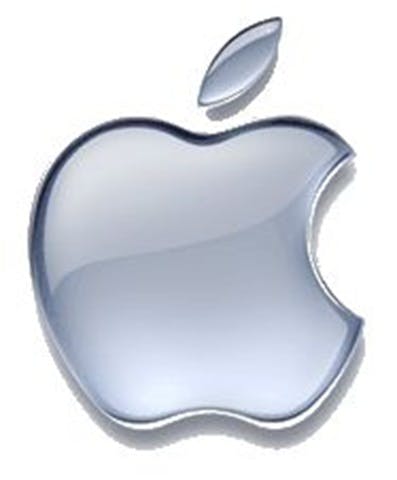The other shoe is dropping in last year’s anti-poaching case the U.S. Department of Justice brought against six big-name tech firms, and it is falling most heavily on Apple.
The six firms — and a seventh, Lucasfilm — are facing a class action lawsuit claiming their agreement not to pursue each other’s employees depressed wages and was a violation of California antitrust law.
According to the suit filed Wednesday (May 4, 2011), Google, Adobe, Intel, Apple, Pixar, and Intuit (the six firms, which were sued and settled with the DoJ), and Lucasfilm agreed not to cold-call each other’s skilled workers. Doing so, the lawsuit alleges, denied workers information about job opportunities, pay scales, and reduced their ability to negotiate.
Lawsuit suggests Apple was behind the scheme
That much the Justice Department claimed when it settled with the six companies it sued. But it alleged then that the conspiracy was a series of interconnected agreements negotiated between companies. Now, the suit suggests Apple and its CEO Steve Jobs was behind the scheme. Claims the suit:
Defendants’ conspiracy consisted of an interconnected web of express agreements, each with the active involvement and participation of a company under the control of Steve Jobs (currently CEO of Apple) and/or a company that shared at least one member of Apple’s board of directors.”
In the DoJ settlement, the six firms agreed to refrain from “entering, maintaining or enforcing any agreement that in any way prevents any person from soliciting, cold calling, recruiting, or otherwise competing for employees. The companies will also implement compliance measures tailored to these practices.”
In announcing the settlement in September, the Justice Department didn’t allege a single grand conspiracy. For instance, the DoJ said that in 2005 Apple and Adobe agreed not to cold call each other’s employees. Thereafter, Google and Apple agreed to do the same, and so on among the six firms.
Detailing the individual arrangements, the suit, however, pointedly says:
Defendants entered into, implemented, and policed these agreements with the knowledge of the overall conspiracy, and did so with the intent and effect of fixing the compensation of the employees of participating companies at artificially low levels. For example, every agreement alleged herein directly involved a company either controlled by Apple’s CEO, or a company that shared a member of its board of directors with Apple.”
Was compensation reduced for skilled employees?
Joseph R. Saveri, attorney with the firm that brought the case, Lieff Cabraser Heimann & Bernstein, in a statement said, ”We estimate that because of reduced competition for their services, compensation for skilled employees at Adobe, Apple, Google, Intel, Intuit, Lucasfilm, and Pixar was reduced by 10 to 15 percent.”
The companies managed that, the suit claims, because, ”The recipient of the cold call has an opportunity to use competition among potential employers to increase her compensation and mobility.” Others benefit even if they don’t get called when their co-workers share information about the opportunity and the pay range.
The Justice Department made almost exactly the same point in its announcement of the settlement in September. The agreement among the companies not to cold-call each other’s workers “eliminated a significant form of competition to attract highly skilled employees, and overall diminished competition to the detriment of affected employees who were likely deprived of competitively important information and access to better job opportunities.”
The suit names just one plaintiff, former Lucasfilm software engineer Siddharth Hariharan. However, if the court agrees to certify the class, it could potentially involve tens of thousands of participants.
Intel said it planned “a vigorous defense.” Lucasfilm called the action “meritless.” None of the other companies has yet issued a statement. Adobe and Intuit told CNET they wouldn’t comment.
